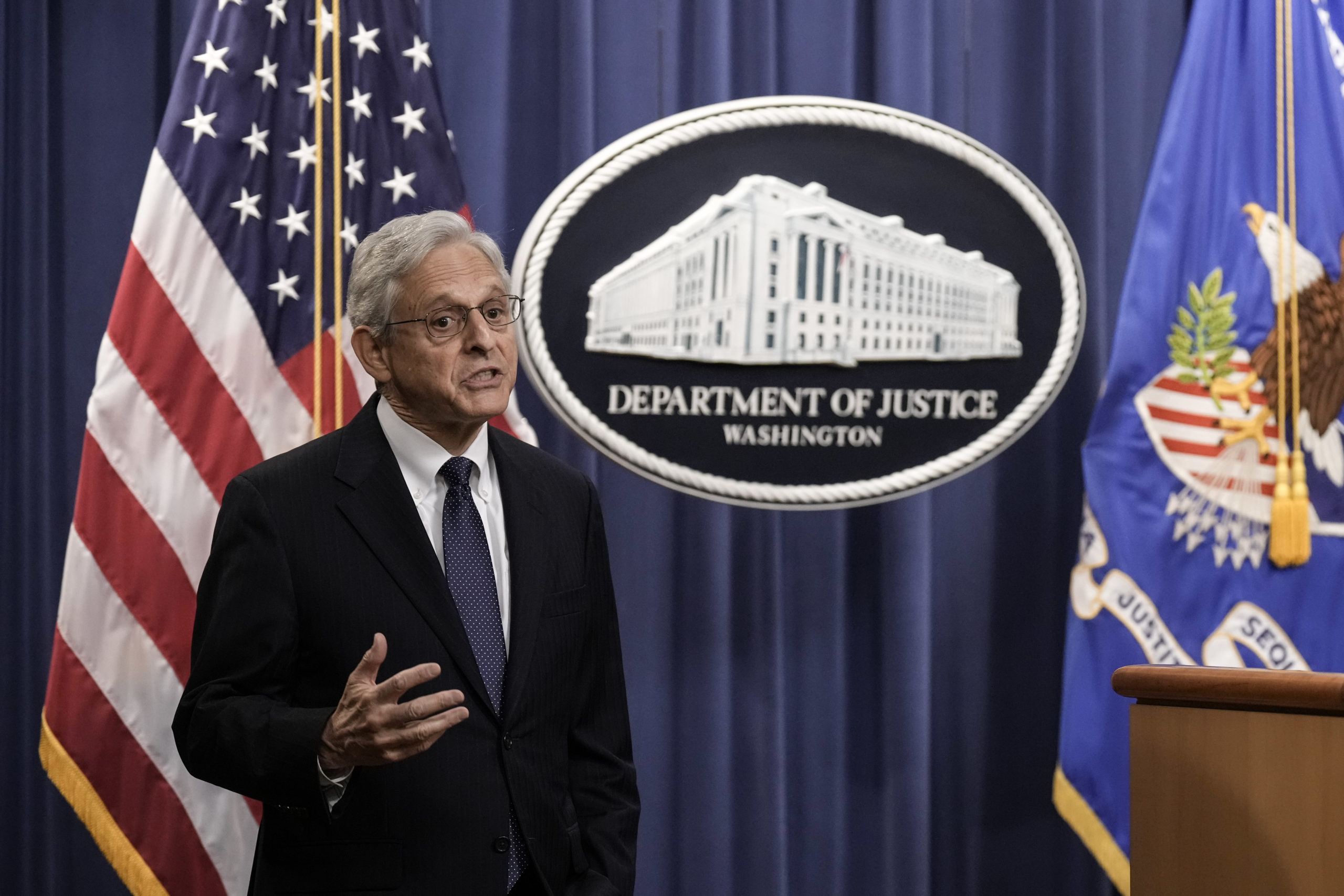Forty-seven people have been accused of carrying out the biggest fraud scheme related to COVID-19 to date.
On Tuesday, NBC News reported that the theft of $250 million has been described by officials as a “brazen and staggering plot that exploited a federal program designed to feed needy children in Minnesota.”
According to prosecutors, a web of charities, restaurants and others committed the fraud by claiming they were providing meals for tens of thousands of underserved children, as NBC News reported.
However, the money was going toward “commercial real estate, luxury cars, fancy homes and even coastal property in Kenya.”
Authorities said they were able to do so by taking advantage of “loosened eligibility rules” and a “lack of oversight.”
U.S. Attorney Andrew M. Luger said during a news conference that the defendants “worked extremely fast, stealing money at a breakneck pace.”
He added, “More than 125 million fake meals are at issue in this case.”
Additionally, defendants have been charged with bribery and money laundering.
NBC News noted prosecutors claim Aimee Bock, who ran a nonprofit called Feeding Our Future, oversaw the fraud.
She has reportedly denied wrongdoing.
Officials have reported that the Justice Department has seized property, vehicles and bank accounts worth a total of $50 million.
The indictment largely centers on nonprofit Feeding Our Future, participating in the Federal Child Nutrition Program. Per DOJ, they opened sites in Minnesota and "fraudulently claimed to be serving meals to thousands of children a day within just days or weeks of being formed.”
— Omar Jimenez (@OmarJimenez) September 20, 2022
In March, the department announced the appointment of a director for COVID-19 Fraud Enforcement.
Attorney General Merrick B. Garland said at the time the department “remains committed to using every available federal tool — including criminal, civil, and administrative actions — to combat and prevent COVID-19 related fraud.”
He continued, “We will continue to hold accountable those who seek to exploit the pandemic for personal gain, to protect vulnerable populations, and to safeguard the integrity of taxpayer-funded programs.”

























 Continue with Google
Continue with Google